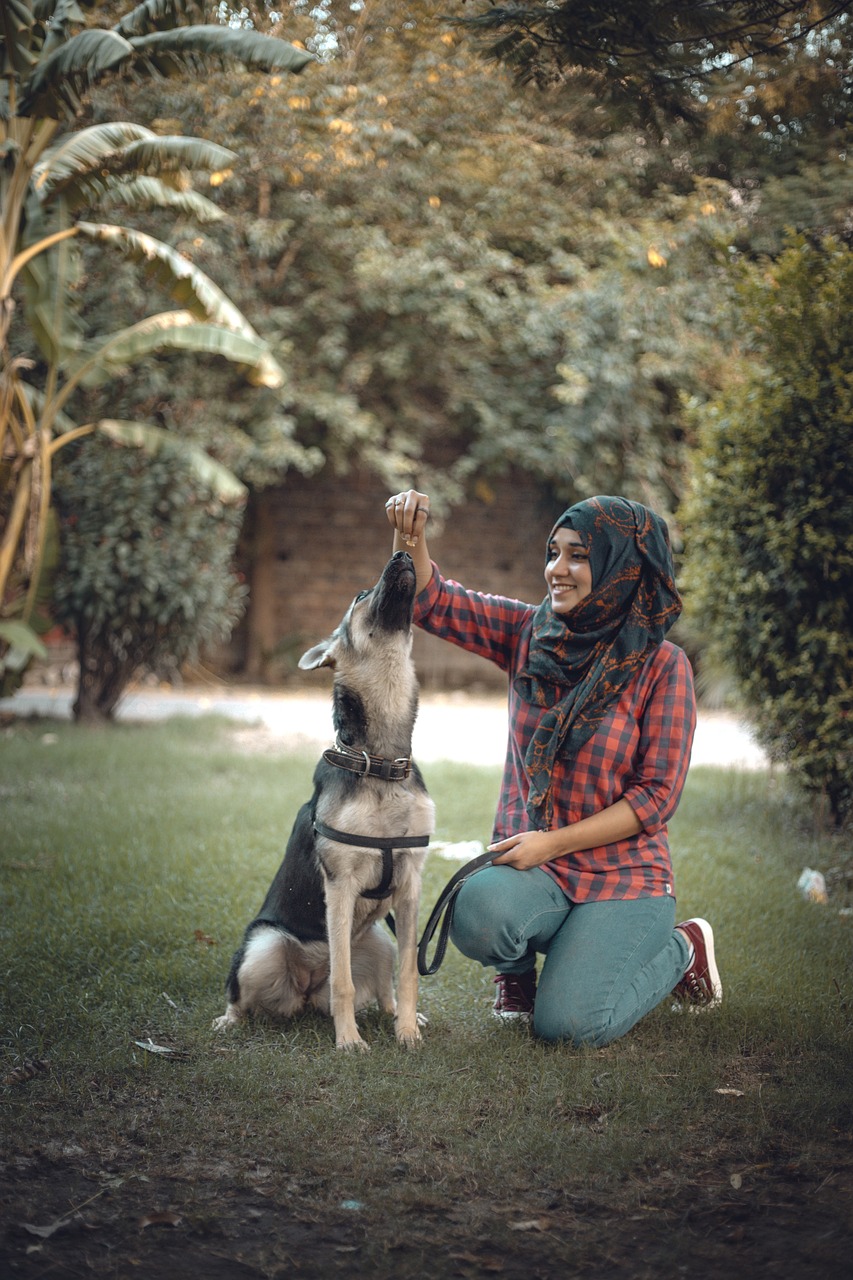A cleaner that eliminates odors will get rid of the scent, preventing the dog from using that spot again. Before cleaning the rug, make sure to blot up any liquid on the carpet. If you notice your dog starting to squat to urinate or defecate, quickly pick her up and take her outside. If she does her business outdoors, give her praise and attention. Remember, prevention is key when it comes to housetraining.
If your dog is constantly having accidents in the house, it may be a sign of a physical issue. In that case, it’s important to have your dog checked by a veterinarian. If your dog is healthy, the next step is to seek help from a trainer or behaviorist who has experience with house training issues.
Small dogs commonly urinate all over the house if so inclined. Some trainers recommend teaching small dogs to use indoor potty spots, similar to how a cat uses a litter box. There are also dog potty boxes available for indoor use. Other trainers believe that with consistency, you can housetrain a small dog, although it may take a bit more time, attention, and effort.
Dogs will sometimes repeatedly create accidents in the same spot because the mess wasn’t cleaned up properly, and there is still some odor lingering. Make sure to have pet stain enzymatic cleaners in your puppy supply kit and follow the instructions carefully.
Some owners see some progress and assume the dog is fully housetrained. Even when your puppy is doing well, it’s important to stick to the schedule to ensure continued success.”He’s making a mess in his crate!”
Dogs who have been confined for long periods in pet stores, shelters, or other situations where they had no choice but to eliminate in their kennels, often end up soiling their crates. The best approach would be to start from scratch with crate and house training. Here are the steps to follow:
1. Evaluate how well your dog can control his bladder and bowels when he’s not in the crate.
2. Carefully manage his diet and establish a consistent schedule.
3. Take him outside frequently, including after every meal, first thing in the morning, and before bed.
4. If you’re unable to be home, consider hiring a dog walker.
5. Thoroughly clean everything to eliminate any lingering odors.
Factors such as age, previous learning experiences, and your training methods and consistency all play a role. An 8-week-old puppy is at a different developmental stage compared to a 5-month-old puppy. Some puppies may have perfect manners within a few days, while others may take months, especially if they’ve had a challenging past before coming to you. However, with patience and persistence, most dogs can learn.

